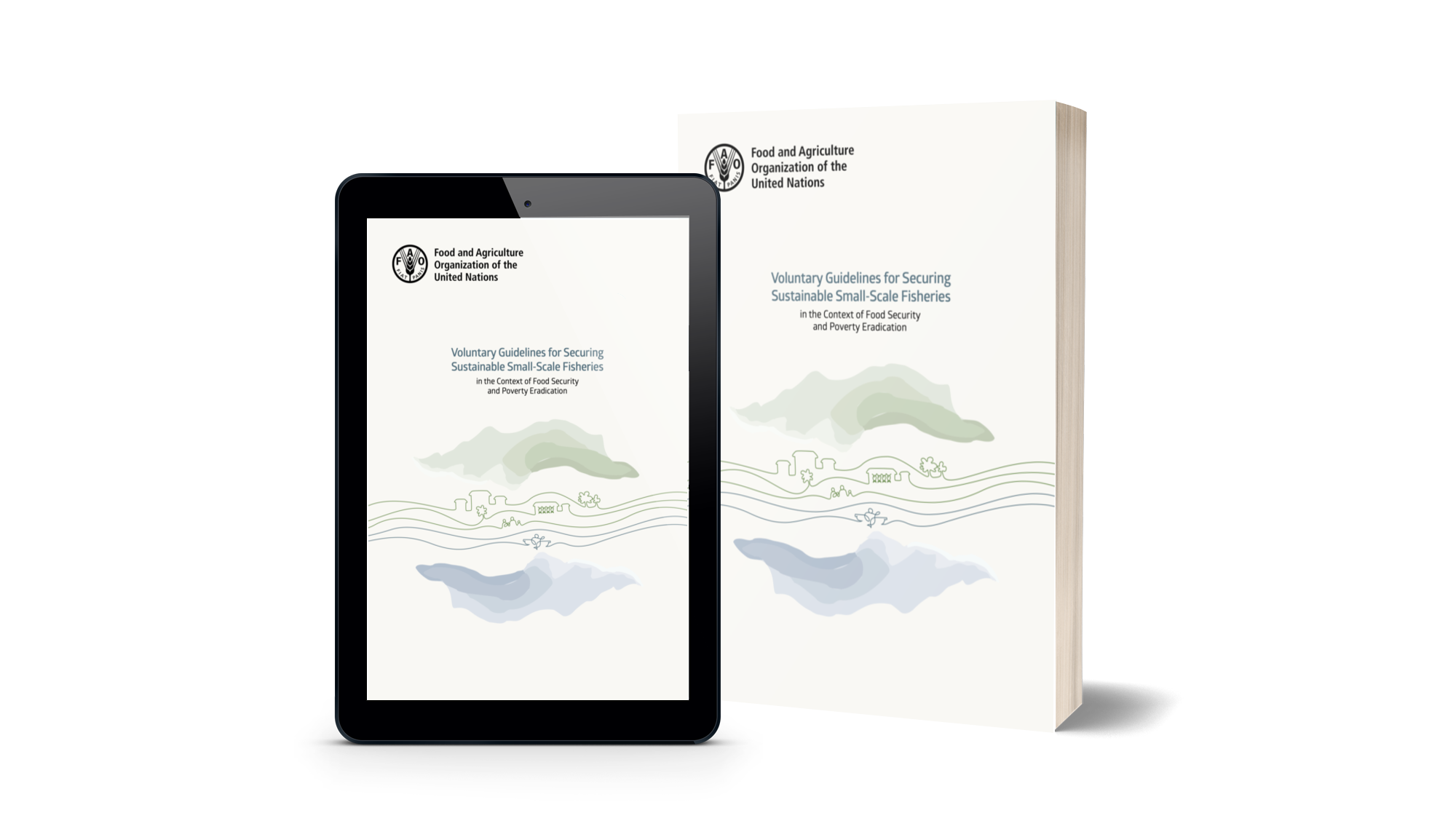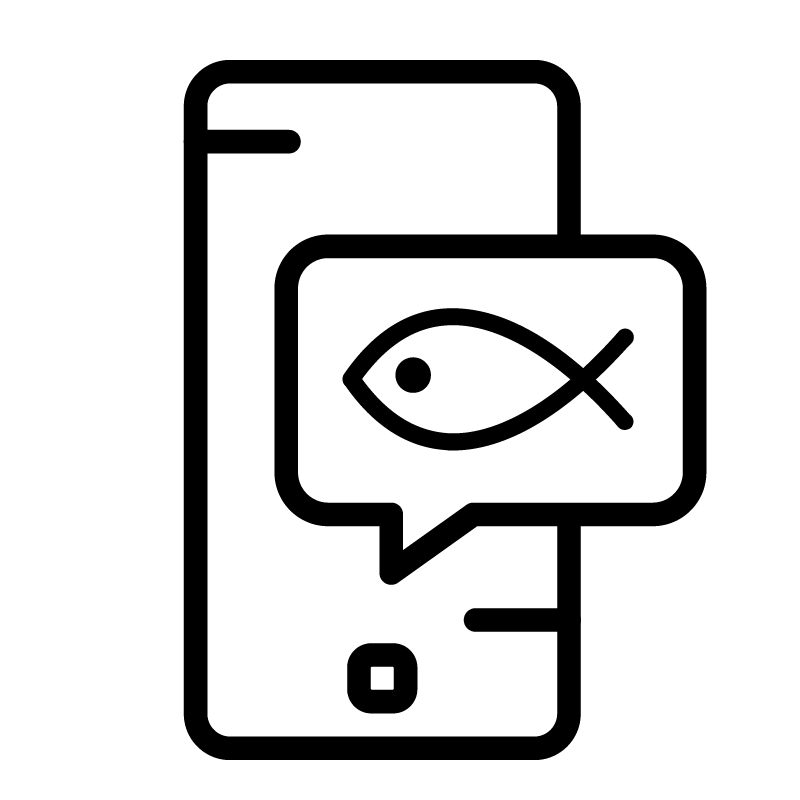Madagascar
Madagascar is a country that is heavily dependent on small-scale fisheries and related activities for the livelihoods of a considerable part of its population. Small-scale fisheries in Madagascar are present in both marine and inland waters, a feature that is reflected in the two projects that FAO is currently implementing in support of this subsector. About 60 percent of national fisheries production is provided by the small-scale fisheries subsector. Fishing communities are described as “vulnerable”, and this vulnerability is mainly reflected in the inability of the population to develop an adaptive strategy to cope with shocks (bad weather, drought, cyclones and disease). The main constraints on the means of subsistence declared by the fishermen are essentially depletion of resources, insufficiency of fishing materials and equipment, as well as lack of technical competence in fish processing, associated with lack of means of conservation and transport of small-scale fisheries products.
At the national level, the project entitled “Creating an Enabling Environment for Securing Sustainable Small-Scale Fisheries” by FAO and the Swedish International Development Cooperation Agency (SIDA), is supporting the development of a National Plan of Action for small-scale fisheries in Madagascar, to foster understanding of: the composition of the small-scale fisheries subsector in the country; the applicable legal framework; the challenges for the social, economic and environmental sustainability of the subsector; and ways to approach and address these challenges.
In parallel, the FAO project titled “Implementing the Small-Scale Fisheries Guidelines for Gender-Equitable and Climate-Resilient and Climate-Resilient Food Systems and Livelihoods”, funded by the Flexible Multi-Partner Mechanism (FMM), builds on the work above, but targets specific regions and focuses on nutrition and women in the post-harvest sector. Under the FMM project, FAO is working towards supporting existing school feeding programmes to include more aquatic food products sourced from small-scale fisheries. To do so, the project seeks to implement arrangements between three local schools and small-scale fish sellers and fish processors, and provide support to small-scale fisherfolk to meet the demands of school feeding programmes. This activity aims to improve livelihood opportunities for small-scale fisherfolk by providing a regular market, while also improving post-harvest activities, reducing fish loss and waste, and providing nutritious aquatic foods to otherwise often energy-dense school meals.
In order to ensure access for small-scale fisheries women’s organizations to markets, such as through public procurement and other market linkages, the project is supporting the National Network of Women in Fisheries in Madagascar (RENAFEP MADA) by conducting a needs assessment that will inform the provision of capacity building and the procurement of the equipment and small infrastructure needed for improved processing and conservation of small-scale fisheries products. In addition, to increase their resilience and empower women involved in inland fisheries, the project supports the implementation of Village Savings and Loans Associations accessible to small-scale fisheries actors in inner Madagascar.
Learn more about the SIDA project.
Learn more about the FMM project.


